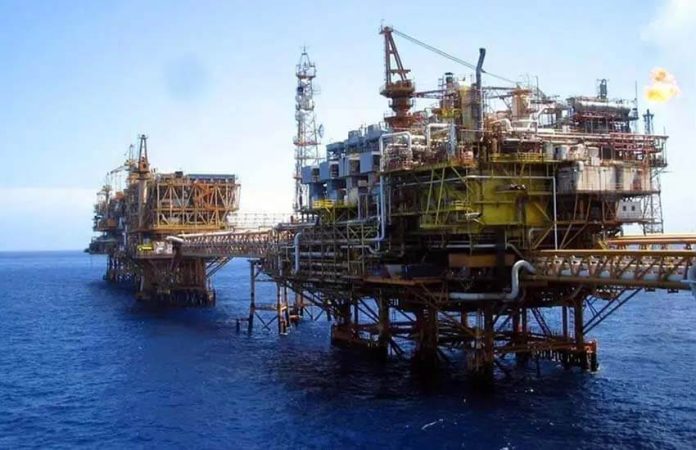The price of Mexican crude oil for export reached its highest level in 13 years on Tuesday.
The cost of a barrel rose US $3.96 to hit $119.62. In July 2008, it was just over $13 higher, at $132.71.
Tuesday’s hike means Mexican crude has jumped 35.1%, equivalent to US $31.09, in the 12 days since Russia commenced military operations in Ukraine on February 24.
Global benchmark prices are even higher than those of Mexican crude: West Texas Intermediate rose to $123.70 on Tuesday while Brent hit $127.98.
The May price for a barrel of crude oil in the futures market — where a price is agreed to in advance — reached $200 for Brent.
Economic sanctions on Russia, more than the conflict itself, have caused prices to surge: the United States announced the banning of Russian oil and gas imports on Tuesday, limiting the supply available to the world’s biggest economy. The U.S. gets 7% of its oil from Russia.
Meanwhile, the U.K. said it would stop imports of Russian oil and the European Union presented a plan to phase out Russian gas.
Russian authorities said that global prices could rise to $300 due to the sanctions. The country produces more than 10% of global crude.
A global strategist for investment site eToro, Ben Laidler, said that rising oil prices signaled a pessimistic short-term global economic outlook, producing inflation and slowing growth.
Inflation in Mexico hit a 20-year high in November, at 7.37% and has remained above 7%. The economy grew over 5% in 2021 but experts surveyed by the Bank of México forecast 2.2% growth in 2022. The International Monetary Fund (IMF) predicted 2.8% growth for this year.
However, rising oil prices could be a blessing for Mexico, which is the 14th-biggest producer in the world.
With reports from Reforma
